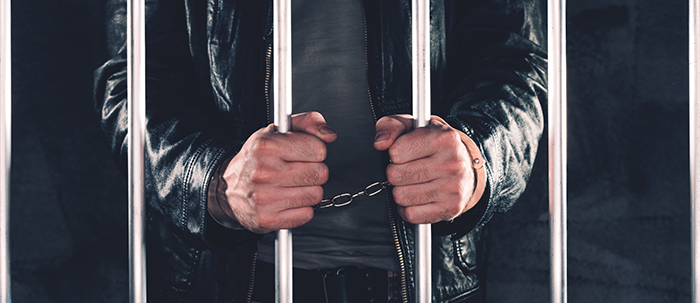If facing the prospect of being incarcerated is not daunting enough, many defendants will also be punished to serve time in either a Federal Prison or a State Prison. In some cases, however, a prosecutor might choose to have their trial in federal court versus state court, which may impact where a defendant might end up if found guilty. Although neither are places anyone should want to find themselves in, there is some difference between the two prisons. In this article, we will give a general overview of those differences:
What is Federal Prison?
As the name suggests, federal prisons are prisons where people who commit federal crimes complete their punishments. Federal prisons are funded and overseen by the federal government and therefore the federal prison system typically has more money per prisoner than the state system. According to the Bureau of Prisons, there are currently 122 federal prisons around the United States. These prisons may be classified in one of three levels:
Minimum Security
For non-violent offenders who committed a federal crime such as money laundering or insider trading.
Medium Security
For offenders who committed a federal crime that may or may not have been violent such as transporting illegal drugs across state lines.
High Security
For the most dangerous and violent offenders such as serial killers who committed murders in multiple states.
What is State Prison?
As the name suggests, state prisons are prisons where people who commit state crimes are sentenced to complete their punishments. State prisons are funded and overseen by the state government or a private company contracted by the state. There are over 1,700 state prisons in the United States. Each state has its own level of categories for its prison system.
What Are The Major Differences Between the Two Systems?
Although neither system is an ideal place for anyone to be, due to its budget, the federal prison system is less crowded than the state prison system. Federal prisons also have better security and may also offer services for rehabilitative purposes. For example, job training, G.E.D., or College Correspondence Courses.
On the other hand, federal prison sentences tend to be longer than state prison sentences. Additionally, a federal prisoner may serve their sentence in any federal prison in the United States. State prisoners tend to have shorter sentences and will serve the entire sentence in state prisons solely in the state of their conviction. Lastly, all federal prisoners, no matter which facility they are in, will have the same color uniform. State prison uniforms not only vary from state-to-state but also prison-to-prison.
Are There Any Similarities?
The purpose of both federal and state prisons is to punish individuals. Tax dollars fund both systems, and the buildings of federal prisons tend to be similar to state prisons. In other words, they have high walls and electric fences including reinforced concrete. Additionally, both federal and state prisons have different facilities to house men and women prisoners.
In Conclusion
Prison is not a place a person should strive to end up. Sometimes, however, prison may not be avoided, depending on the severity of the crime and the evidence. If someone faces charges for any crime, they must know their rights. The lawyers at The Bantner Firm will work to protect your legal rights, develop a legal strategy that will serve your needs, and advocate for the best results in your case.


